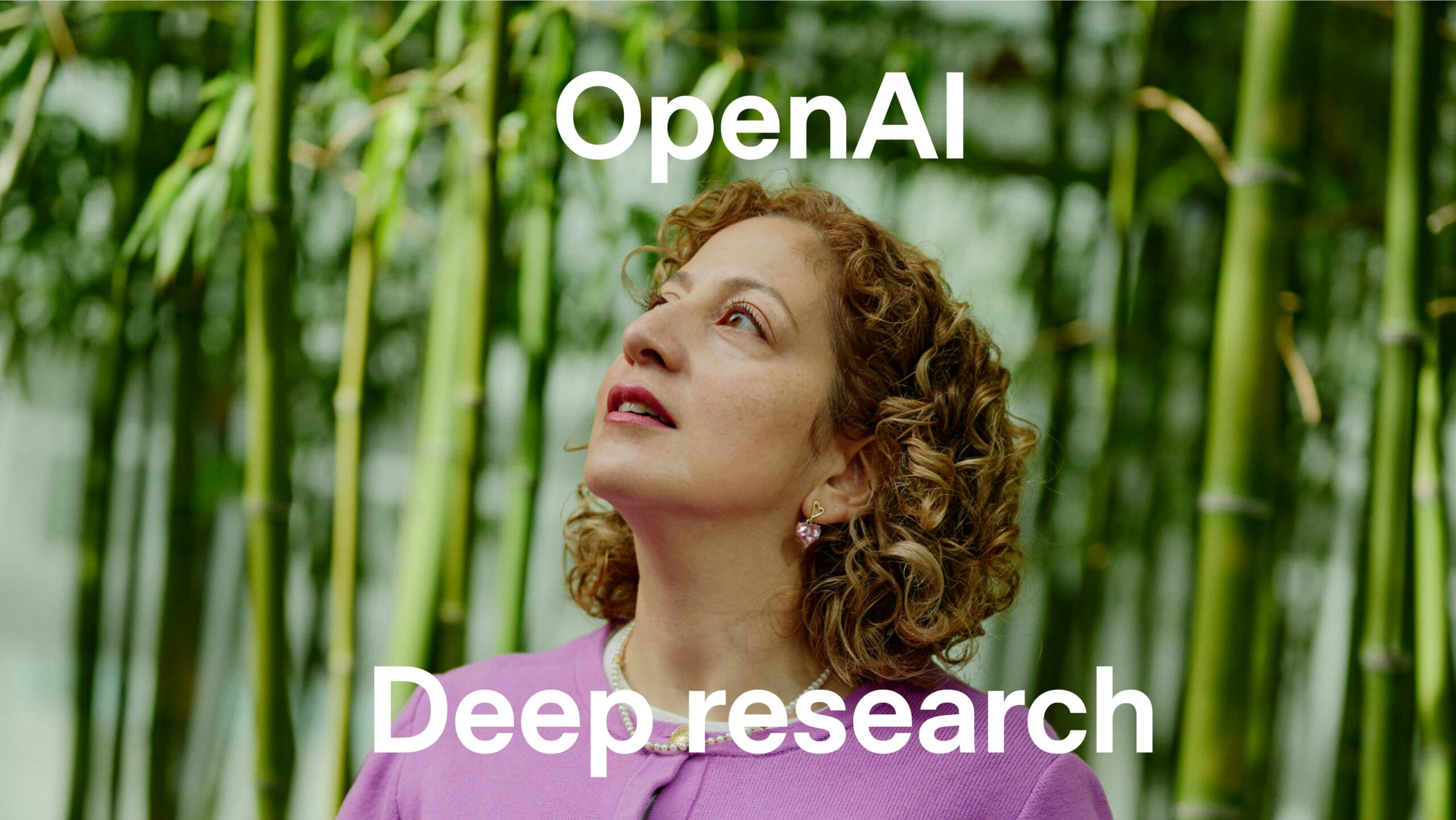Table of Contents
Overview
In the ever-evolving landscape of AI-powered research, staying ahead requires tools that can not only access information but also analyze and synthesize it effectively. Enter ChatGPT Deep Research, a specialized feature within OpenAI’s ChatGPT platform designed to elevate your research capabilities. This powerful tool intelligently navigates the web, dissects documents, and extracts key insights, making it an invaluable asset for professionals and researchers alike. Let’s dive into what makes ChatGPT Deep Research a game-changer.
Key Features
ChatGPT Deep Research boasts a suite of features designed to streamline and enhance the research process:
- Intelligent web browsing and source verification: The tool autonomously navigates the web, identifying relevant sources and verifying their credibility, ensuring the accuracy of your research.
- PDF and document parsing: It efficiently extracts information from PDFs and other documents, saving you countless hours of manual reading and analysis.
- Citation tracking and generation: Automatically tracks sources and generates citations, simplifying the process of creating bibliographies and avoiding plagiarism.
- Natural language query handling: Allows you to formulate complex research questions in natural language, making the interaction intuitive and efficient.
- Visual and multimedia content analysis: Extends beyond text to analyze images and multimedia content, providing a more comprehensive understanding of the subject matter.
- Python-enhanced data manipulation: Connects to Python for deeper data analysis and manipulation, enabling advanced research capabilities.
How It Works
The power of ChatGPT Deep Research lies in its ability to understand and execute complex queries. Users simply enter their research questions in natural language. From there, the tool autonomously navigates the web and delves into relevant documents to extract and analyze information. It employs reasoning to evaluate the credibility of sources and connects to Python for deeper analytical tasks when needed. Finally, it compiles detailed reports, complete with links to the original materials and automatically generated citations, ensuring transparency and verifiability.
Use Cases
ChatGPT Deep Research offers a wide range of applications across various fields:
- Academic literature review: Streamline the process of identifying and analyzing relevant academic papers for research projects.
- Competitive intelligence gathering: Monitor competitors’ activities, analyze market trends, and identify potential threats and opportunities.
- Market research: Gather and analyze data on consumer behavior, market size, and industry trends to inform business decisions.
- Technical document analysis: Quickly understand complex technical documentation, identify key specifications, and troubleshoot issues.
- Legal or policy research: Research legal precedents, analyze policy documents, and stay up-to-date on regulatory changes.
- Business strategy formation: Gather insights on market dynamics, competitive landscape, and emerging technologies to inform strategic planning.
Pros & Cons
Like any tool, ChatGPT Deep Research has its strengths and weaknesses. Let’s take a closer look:
Advantages
- High accuracy in fact extraction, minimizing the risk of misinformation.
- Supports image and document analysis, providing a more comprehensive research experience.
- Generates citations automatically, saving time and ensuring accuracy.
- Well-suited for handling complex queries that require in-depth analysis.
Disadvantages
- Requires a ChatGPT Plus subscription, which may be a barrier for some users.
- Can be overkill for simple queries that can be easily answered with a basic search engine.
- Performance can vary depending on the availability and quality of online sources.
How Does It Compare?
When considering alternatives, it’s important to understand the nuances of each tool. Perplexity AI, while offering similar functionality, can be less accurate in document parsing compared to ChatGPT Deep Research. Bing Copilot provides a broader web search capability, but lacks the deep reasoning and analytical capabilities of ChatGPT Deep Research. This makes ChatGPT Deep Research a more suitable choice for complex research tasks requiring in-depth analysis and source verification.
Final Thoughts
ChatGPT Deep Research represents a significant advancement in AI-powered research tools. Its ability to intelligently navigate the web, analyze documents, and generate citations makes it a valuable asset for professionals and researchers seeking to enhance their productivity and accuracy. While the ChatGPT Plus subscription and potential overkill for simple queries are considerations, the benefits of this powerful tool often outweigh the drawbacks, making it a worthy investment for those seeking to elevate their research capabilities.
https://openai.com/index/introducing-deep-research/